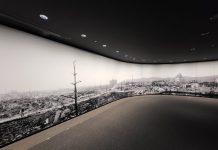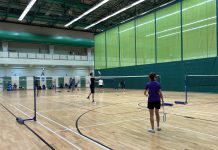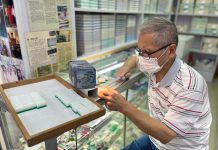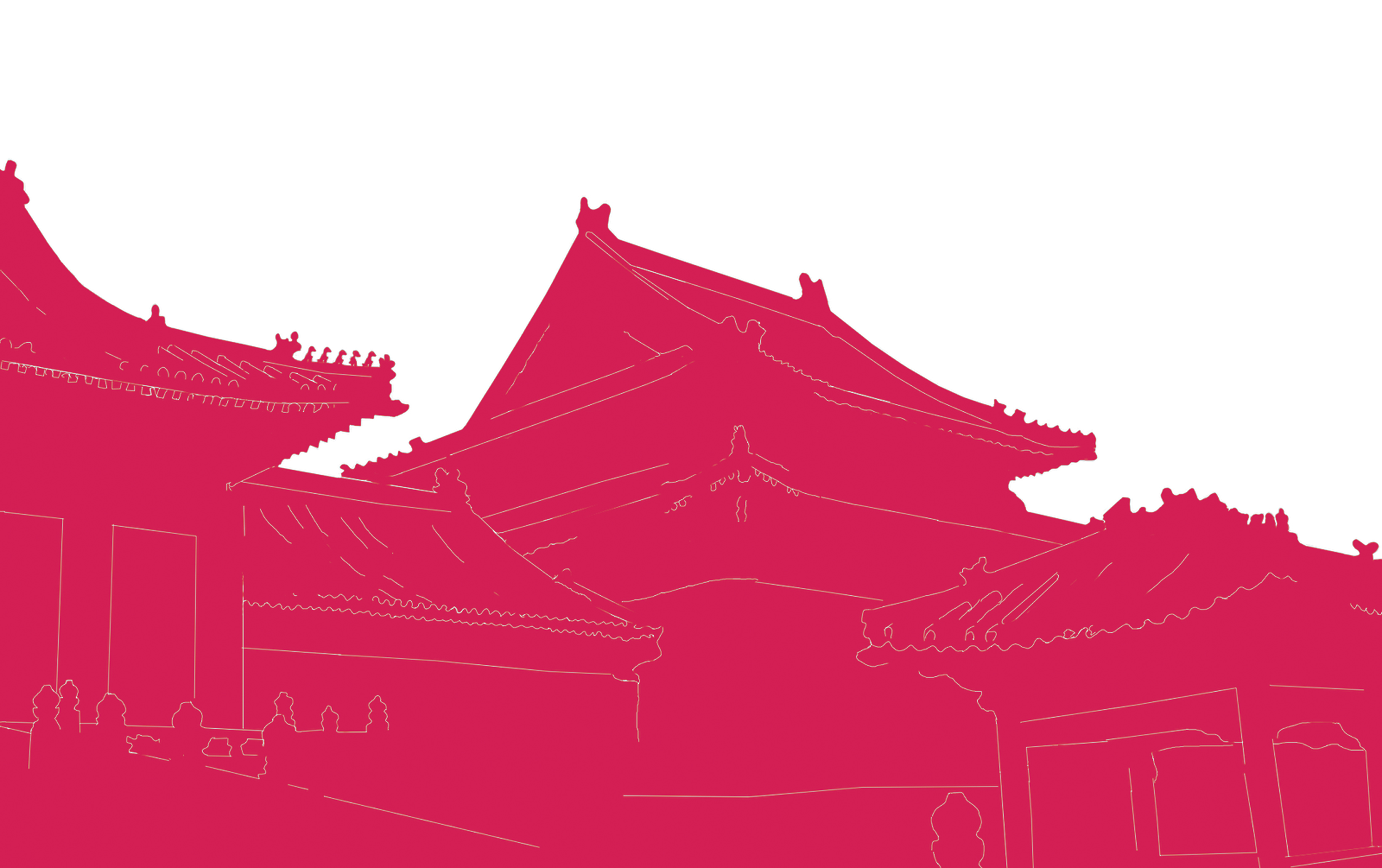Hong Kong encourages its students to enter mainland universities
By Macau Mak and Sherry Tsui
Charles Sin Kwok-ching is in the third year of his history degree at Peking University. “I used to criticise them, and I thought they were conservative,” he says of his mainland classmates, “but now I know more, I know why they are like that. Even if you don’t agree with them, you can understand them more,” says the Hong Konger.
Sin did well in the Hong Kong Certificate of Education Examination (HKCEE) in 2010, scoring four As and four Bs. He applied to the History Department of Peking University and was accepted.

In order to attract outstanding students, in 2004, the Ministry of Education (MoE) authorised Peking University and Tsinghua University to exempt Hong Kong students from taking the Mainland’s Joint Entrance Examination. In 2006, Fudan University followed suit.
For Sin, studying history at Peking University was a long-held goal because of the institution’s prestige and high ranking. But he concedes the fear of taking Hong Kong public examinations was a push factor. “I didn’t want to take the Hong Kong Advanced Level Examination (HKALE). I heard many people saying HKALE is very terrible,” he says.
Hong Kong’s public examinations are highly competitive and getting the grades needed to fulfill the minimum requirements to get into a local university far from guarantees a place. So it is hardly surprising that students are increasingly looking to universities in the Mainland as an alternative.
In the 2012/2013 academic year, the MoE and Hong Kong’s Education Bureau collaborated to launch the Scheme for Admission of Hong Kong Students to Mainland Higher Education Institutions. Under the scheme, Hong Kong students are exempted from taking the Mainland’s Joint Entrance Examination. In the first year, 63 mainland institutions joined and this year, the number has been expanded to 75. More than 6,500 students have applied since the scheme started and around 2,200 have been given offers.
In this year’s Policy Address, the government further announced the Mainland University Study Subsidy Scheme to encourage Hong Kong students to study in the Mainland. The plan offers students on the Admission Scheme a means-tested bursary of up to HK$15,000 per year during their study period. There is no quota on the number of students who can benefit and payments will begin in the 2014/15 academic year.
Executive Councillor Starry Lee Wai-king, who is also a Democratic Alliance for the Betterment and Progress of Hong Kong legislator, supports the scheme. She says there are a lot of advantages to studying in the Mainland. For instance, students can gain greater understanding of Chinese culture and the mindset of people in the Mainland, as well as build up personal networks. “To know the way of thinking of the mainlanders, you have to stay there and communicate with them. Going to their schools to study is the fastest and most straight forward method,” says Lee.







































